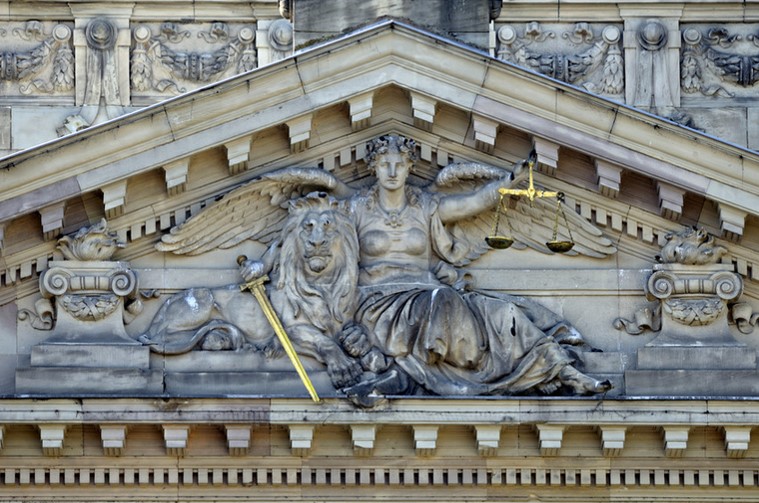Directors
Director : Gabriel ECKERT
Deputy directors : Éric MAULIN et Nicolas CHIFFLOT
Vous êtes ici :
Director : Gabriel ECKERT
Deputy directors : Éric MAULIN et Nicolas CHIFFLOT

The IRCM was built on the idea of examining how modern and contemporary domestic law has developed and changed due to its European dimension.
This entails monitoring and analyzing the dialogue between legal systems – and especially between judges – resulting from the integration of domestic laws within the framework of the European Union, the Council of Europe and the European Court of Human Rights, as well as the dialogue between doctrines in the construction of a European public law.
This general research question is key to the IRCM’s identity within the University Research Federation Europe in Mutation, of which it is a member. The IRCM has also developed collaborations beyond the framework of the Federation, working with the Michel Villey Institute on legal culture and the philosophy of law and with the European Pole of Public Administration (PEAP).
Our scholars are active in two main research areas, focusing respectively on the theory of the state and of liberties and on administrative and financial law. These are broadly speaking the two main areas of change for public law, and for domestic public law specifically. They are characterized by deep-seated unity, through the similarities and analogies observed in the role and boundaries assigned to the state by the requirements of protecting economic freedoms and basic rights. This in turn raises the questions of similarities and differences between interventions by the state in its respective roles as guardian of basic rights and of economic freedoms. The IRCM uses a comparative law angle and a global Europeanized approach to tackle these questions.
Constitutional law, administrative law, human rights, civil liberties, economic public law, public procurement law
Doctoral school for the legal sciences - ED 101
Link to the ED 101 website
IRCM - UR 3399
L’escarpe
11 rue du Maréchal Juin - BP 69 - 67046 Strasbourg Cedex
+33 (0)3 68 85 87 70
gabriel.eckert[at]unistra.fr
ircm.unistra.fr